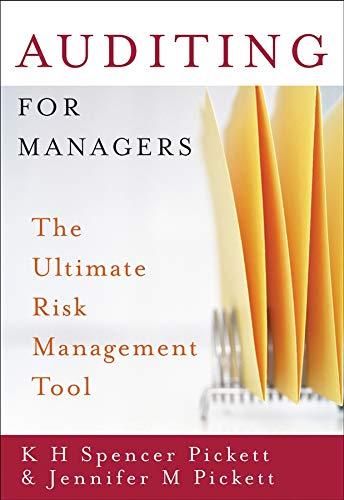Question
New IRC 59A enacted by the TCJA operates as an alternative minimum tax on certain U.S. corporations that make large amounts of base eroding payments
New IRC 59A enacted by the TCJA operates as an alternative minimum tax on certain U.S. corporations that make large amounts of base eroding payments that are not fully subject to U.S. withholding tax to related foreign entities. Which of the following are considered base erosion payments:
Group of answer choices
1. deductible payments related to the purchase of depreciable or amortizable property from related parties
2. deductible payments related to certain reinsurance payments
3. deductible payments related to payments to foreign members of an affiliated group that inverted after November 9, 2017.
4. deductible payments related to cost of goods sold.
5. deductible payments related to qualified derivative payments
6. 1, 2 & 3
7. all of above
The TCJA significantly enlarged the scope and application of the limitation on deductibility of interest expense. Which of the following are true with respect to New IRC 163(j):
Group of answer choices
1. it doesnt just apply to related party payments, but limits deductibility of any business interest paid or accrued by a taxpayer
2. a formula based on the taxpayers total interest income plus 30 percent of adjusted taxable income, roughly equal to earnings before interest, depreciation and amortization.
3. applies to taxable periods starting after December 31, 2017.
4. taxpayers with gross receipts of less than $25 million are excluded
5. all of above
6. none of above
A resident of a contracting state is not taxed on business income derived in the other contracting state unless the business income is attributable to a permanent establishment (PE) located in the other contracting state. The definition of the term permanent establishment varies from treaty to treaty but in general includes following:
Group of answer choices
1. a physical PE
2. an agency PE
3. a construction site PE
4. a services PE
5. all of above
6 1, 2 & 3
Which of the following statements are true with respect to FATCA withholding purposes:
Group of answer choices
1. An FFI is generally any non-U.S. entity that functions as a financial institution (e.g., a bank), custodial institution that hold financial assets for 3rd parties, investment entity or insurance company.
2. Certain holding companies or treasury centers may be treated as FFIs. A treasury center is defined as an entity primarily involved in financing transactions (e.g., making loans, taking deposits, entering into hedges) for members of its affiliated group.
3. If an entity does not fall under the definition of an FFI or is otherwise excluded from the definition, the entity would be considered a NFFE.
4. Generally if the NFFE is not an excepted NFFE (including an active NFFE), the NFFE (i.e., passive NFFE) will have to provide its withholding agent with information on any substantial U.S. owners, or if none exist, a certification to that effect.
5. all of above
6. 2 & 3 only
Step by Step Solution
There are 3 Steps involved in it
Step: 1

Get Instant Access to Expert-Tailored Solutions
See step-by-step solutions with expert insights and AI powered tools for academic success
Step: 2

Step: 3

Ace Your Homework with AI
Get the answers you need in no time with our AI-driven, step-by-step assistance
Get Started


